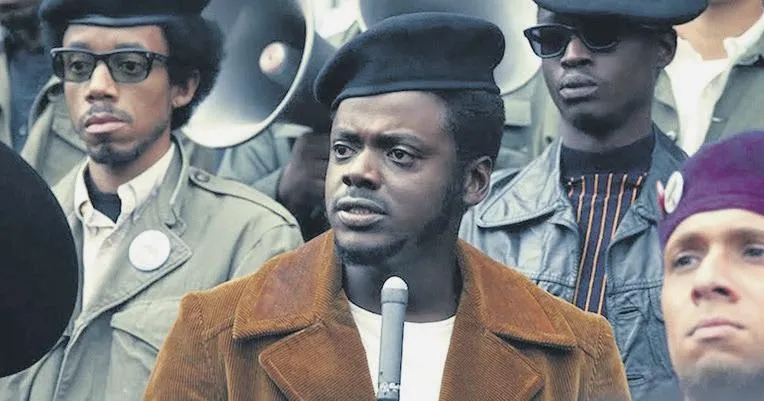George Bernard Shaw wrote: ‘You use a glass mirror to see your face; you use works of art to see your soul.’
These past weeks I have been pondering the way the films honoured at the recent Academy Awards reflect the soul of contemporary society. Nomadland (Best Picture, Best Actress and Best Director) explores the fallout of the 2008 economic crisis for a generation of ‘houseless’ Americans who are too old to find re-employment but too poor to retire. The Father (Best Actor and Best Adapted Screenplay) looks at the growing epidemic of dementia from within the mind of a sufferer. And Shaka King’s historical drama, Judas and the Black Messiah (Best Supporting Actor), although set during the late 1960s, brings us to reflect on the continuing fight against racial injustice as highlighted by the Black Lives Matter protests that followed the murder of George Floyd a year ago.
The axis of Judas and the Black Messiah revolves around the relationship of Fred Hampton (played by Daniel Kaluuya), the charismatic chairman of the Illinois chapter of the Black Panther Party, and William O’Neal, a petty criminal turned FBI mole who infiltrates Hampton’s inner circle, eventually becoming his security captain. Kaluuya deservedly won Best Supporting Actor for his portrayal of the Maoist-inspired Black Power leader. He captures Hampton’s public persona of fiery orator and revolutionary idealist, and also his more human side when he shyly courts fellow activist Deborah Johnson (Dominique Fishback).








Can you inherit faith?
We greatly appreciate the blessing of being brought up in a Christian home, but does this guarantee children from Christian …